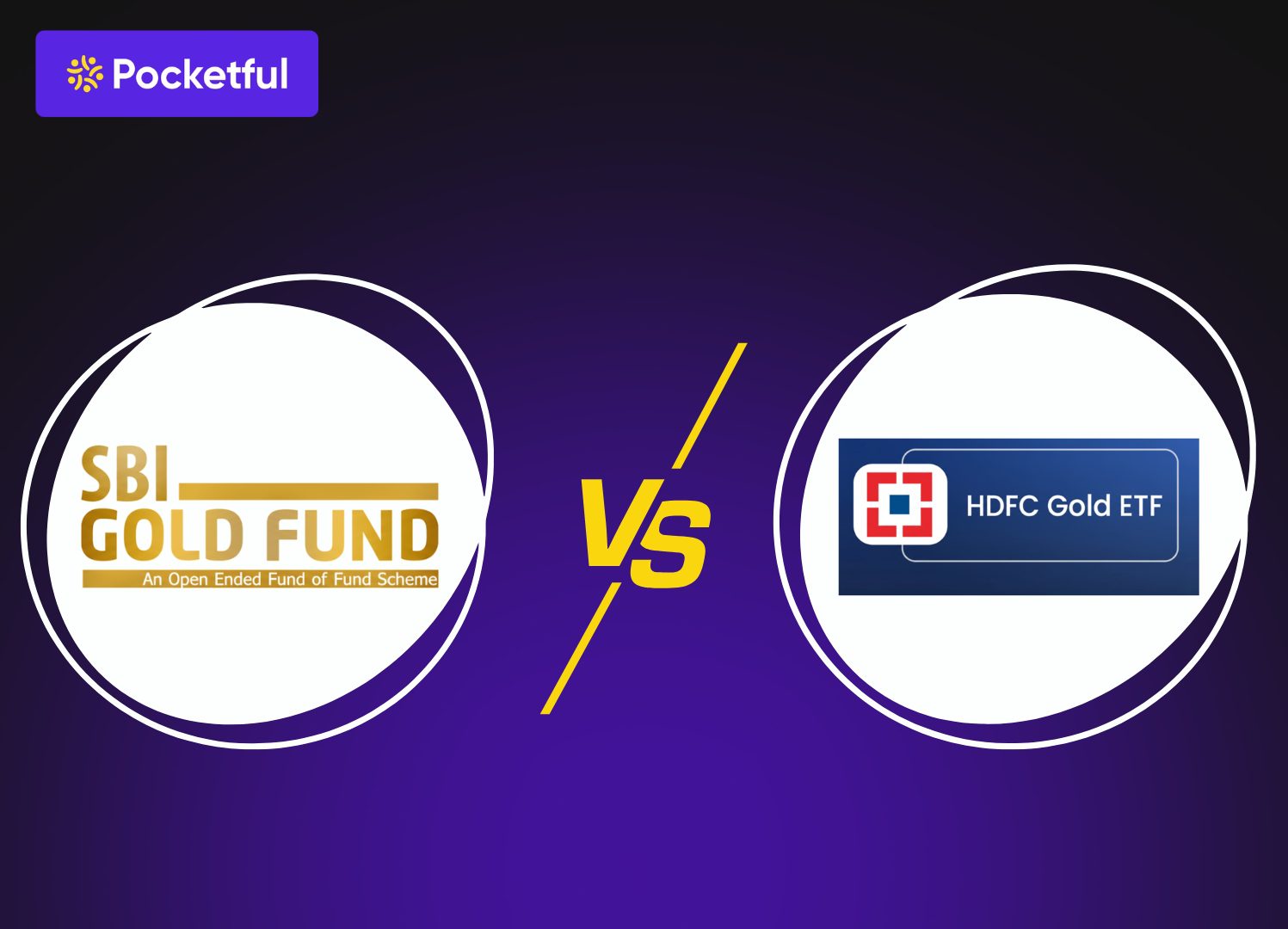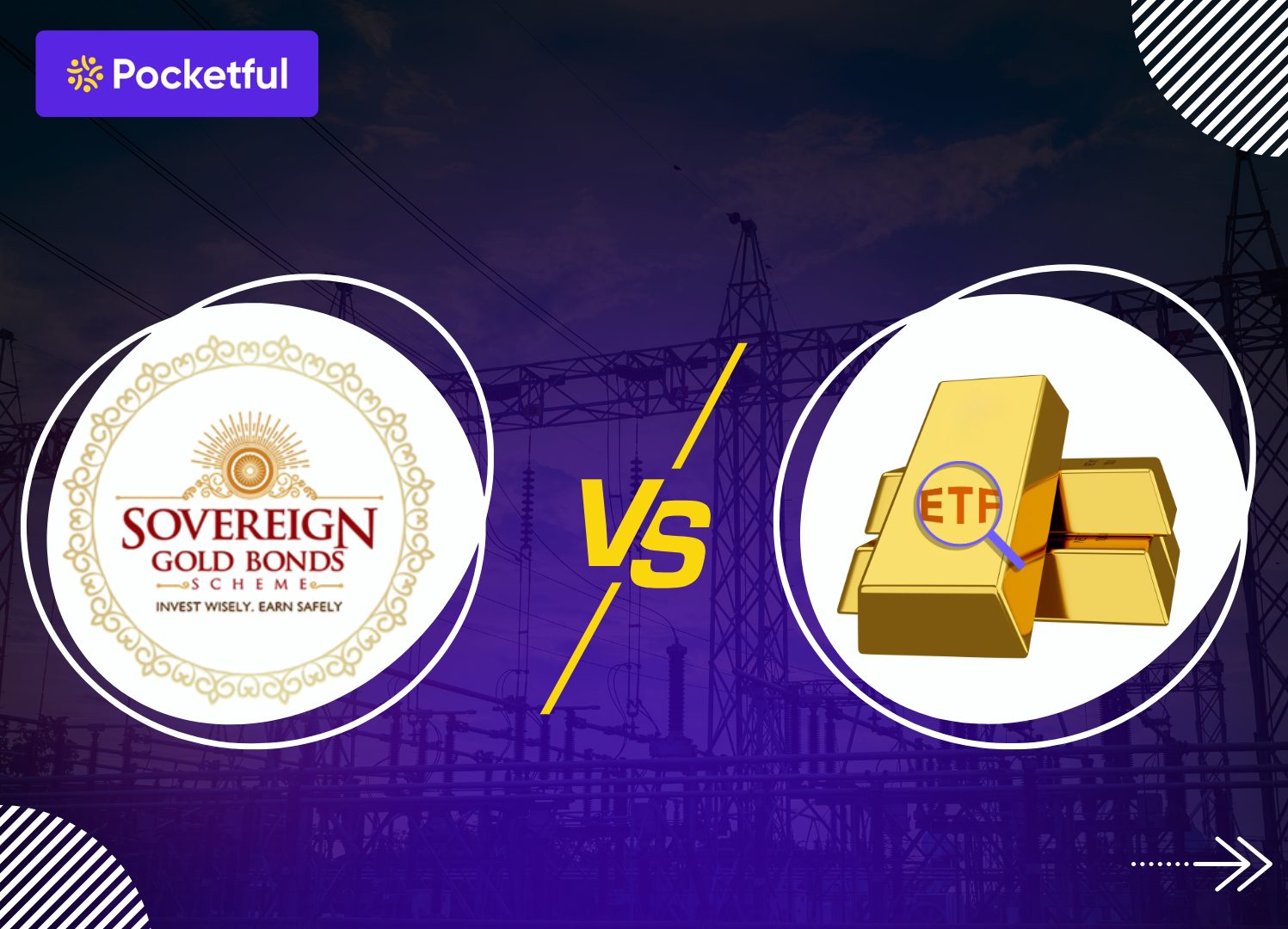Over the past few years, you’ve likely heard about the rapid growth of India’s specialty chemical companies. These are the companies that manufacture specialized chemicals used in everything from pharmaceuticals to agricultural products, textiles, and FMCG. Due to rising global demand and the China+1 strategy, their exports are also reaching record levels. This is why many investors today view chemical stocks as a good opportunity to build long-term wealth, especially when it comes to specialty chemical companies in India.
What are Chemical Stocks?
Chemical stocks are stocks linked to companies that produce in the chemical industry, particularly commodity chemicals, agrochemicals, pharma intermediates, and more technical or niche specialty chemicals. For example, fertilizers and petrochemicals are bulk chemical stocks, while personal care ingredients, electronic chemicals, or high-purity intermediates fall under the specialty category.
Why are these stocks important?
- They serve as the backbone for various end-user industries such as pharma, textiles, autos, FMCG, etc.
- Exports of specialty chemical companies in India are growing; shifts in global supply chains (China+1) are providing opportunities for India.
- These stocks often offer good margins because specialty segments have less competition, greater technical expertise, and strength.
Read Also: List of Best Chemical Stocks in India
Best Specialty Chemicals Companies Stocks in India
| S.No | Company | Current Market Price (INR) | Market Capitalisation (in INR crore) | 52-Week High | 52-Week Low |
|---|---|---|---|---|---|
| 1 | SRF Ltd | ₹ 2,839 | ₹ 84,167 | ₹ 3,325 | ₹ 2,127 |
| 2 | UPL Ltd | ₹ 656 | ₹ 55,292 | ₹ 741 | ₹ 484 |
| 3 | P I Industries Ltd | ₹ 3,503 | ₹ 53,142 | ₹ 4,759 | ₹ 2,951 |
| 4 | Sumitomo Chemical India Ltd | ₹ 544 | ₹ 27,176 | ₹ 665 | ₹ 446 |
| 5 | Deepak Nitrite Ltd | ₹ 1,840 | ₹ 25,096 | ₹ 3,012 | ₹ 1,733 |
| 6 | Atul Ltd | ₹ 6,049 | ₹ 17,810 | ₹ 8,180 | ₹ 4,752 |
| 7 | Aarti Industries Ltd | ₹ 373 | ₹ 13,536 | ₹ 594 | ₹ 344 |
| 8 | Anupam Rasayan India Ltd | ₹ 1,094 | ₹ 12,449 | ₹ 1,197 | ₹ 601 |
| 9 | Balaji Amines Ltd | ₹ 1,428 | ₹ 4,627 | ₹ 2,374 | ₹ 1,112 |
| 10 | Aether Industries Ltd | ₹ 732 | ₹ 9,706 | ₹ 978 | ₹ 725 |
A brief overview of the Best Specialty Chemicals Stocks in India is given below:
1. SRF
SRF started in 1970 with a textile unit. At that time hardly anyone would have imagined that this company would later become such a big name in the world of specialty chemicals. Gradually it expanded its scope and today it works in many segments like fluorochemicals, packaging films and specialty chemicals. SRF’s specialty chemicals are used in making medicines and agrochemicals required for agriculture. The special thing is that the company continuously works on new products and solutions, so that it can meet the needs of the industries with changing times. Due to its diversification and strong brand value, SRF has now become a trusted name in the chemical sector not only in India but also in many countries of the world.
Know the Returns:
| 1Y Return (%) | 3Y Return (%) | 5Y Return (%) |
|---|---|---|
| 15.26% | 12.70% | 246.87% |
2. UPL Ltd
The story of UPL began in 1969, when it was known as United Phosphorus Limited. At that time, the company’s objective was simple – to provide farmers with products that could protect their crops from pests and diseases. Gradually, it expanded its range and today it is not limited to just crop protection. From seeds, biosolutions and specialty chemicals, UPL now offers solutions for every aspect of farming. Most interestingly, the company has created its “OpenAg” vision, through which it aims to make farming more sustainable and accessible to everyone. Today, UPL is active in around 130 countries and has made its mark in the global agrochemical industry by providing modern, practical and eco-friendly solutions to farmers.
Know the Returns:
| 1Y Return (%) | 3Y Return (%) | 5Y Return (%) |
|---|---|---|
| 8.70% | -3.90% | 29.48% |
3. PI Industries Ltd
PI Industries was founded in 1946. At that time, it solely traded agrochemicals. Gradually, the company began manufacturing its own products and today it is known as a research-based agrochemical firm. PI’s focus is on new molecules and crop protection solutions. It works closely with global innovators to provide modern solutions to farmers. This is why PI has gained recognition not only in India but also in the international market.
Know the Returns:
| 1Y Return (%) | 3Y Return (%) | 5Y Return (%) |
|---|---|---|
| -24.31% | 16.29% | 82.83% |
4. Sumitomo Chemical India Ltd
Sumitomo Chemical India is a part of Sumitomo Chemical Company of Japan. It began in India by providing crop protection products to farmers. Today, the company manufactures solutions such as insecticides, herbicides, fungicides, and plant growth regulators. Sumitomo’s mission is to make farming more productive and sustainable. Its specialty is its ability to combine advanced Japanese research with Indian needs. This is why it has gradually become a trusted name in the Indian agrochemical sector.
Know the Returns:
| 1Y Return (%) | 3Y Return (%) | 5Y Return (%) |
|---|---|---|
| -0.68% | 9.28% | 84.99% |
5. Deepak Nitrite Ltd
Deepak Nitrite was founded in 1970. Initially, it manufactured basic chemicals, but gradually expanded into specialty chemicals and performance products. Its chemicals are used in the dyes, pharmaceutical, agrochemical, and petrochemical industries. Deepak Nitrite’s most significant strength is its diversification to meet the needs of various industries. It has achieved leadership in India in products such as Phenol and Acetone. The company has consistently expanded its capabilities by anticipating demand, making it a trusted name in the chemical sector.
Know the Returns:
| 1Y Return (%) | 3Y Return (%) | 5Y Return (%) |
|---|---|---|
| -34.72% | -11.83% | 129.73% |
6. Atul Ltd
Atul Ltd was founded in 1947, just after independence. It was started by renowned industrialist Kasturbhai Lalbhai. The company initially manufactured dyes and agrochemicals, but over time, it expanded its reach to polymers, aromatics, pharmaceuticals, and intermediates. Atul Ltd’s specialty is that it serves a wide variety of industries, from agriculture to textiles and healthcare. With decades of reliable quality and a diversified portfolio, Atul Ltd has consistently been a leading company in the list of specialty chemical companies in India.
Know the Returns:
| 1Y Return (%) | 3Y Return (%) | 5Y Return (%) |
|---|---|---|
| -19.88% | -34.85% | 2.49% |
7. Aarti Industries Ltd
Aarti Industries Ltd was founded in 1984 and today is a major name in the specialty chemicals segment. The company began by manufacturing dyes and intermediates, but has now expanded its scope to pharmaceuticals, agrochemicals, polymers, and pigments. Aarti Industries manufactures custom-made specialty chemicals tailored to specific customer needs. The company has placed a strong focus on backward integration and research, which has led to long-term relationships with global clients. Aarti Industries has always been considered a strong and trusted name when it comes to specialty chemical companies in India.
Know the Returns:
| 1Y Return (%) | 3Y Return (%) | 5Y Return (%) |
|---|---|---|
| -36.19% | -56.09% | -26.71% |
8. Anupam Rasayan India Ltd
Anupam Rasayan was founded in 1984. I remember first hearing that the company manufactured intermediates used in post-wash dyes; those tiny chemical components that lurk in everyday items. But today, Anupam isn’t just limited to dyes. It also supplies specialty chemicals to the personal care, pharmaceutical, and agrochemical industries. Long-term contracts with customers prove the company’s earned trust. And yes, it’s also somewhat environmentally conscious using safer and cleaner methods in its production processes.
Know the Returns:
| 1Y Return (%) | 3Y Return (%) | 5Y Return (%) |
|---|---|---|
| 46.94% | 44.17% | 109.67% |
9. Balaji Amines Ltd
The story of Balaji Amines began in 1988. Sometimes it’s hard to imagine how a chemical used in just a few reactions can become so important. Balaji Amines produces amines and their derivatives, which play a vital role in pharmaceuticals, agrochemicals, rubber, and more. The company has learned that consistency is crucial, trust cannot be built without timely production and good quality. Whether it’s with small or large customers, Balaji has made its mark because it approaches its work intelligently.
Know the Returns:
| 1Y Return (%) | 3Y Return (%) | 5Y Return (%) |
|---|---|---|
| -37.86% | -59.36% | 74.42% |
10. Aether Industries Ltd
Aether Industries is new, but speaks with the confidence of companies with decades of experience. Started in 2013, this company grew through small steps. I suspect it experimented extensively in its early days—with new molecules, new processes, and new demands. Today, it produces specialty chemicals that aren’t just commodities being developed in industries like pharma, agriculture, and advanced materials. And it’s good that Aether recognizes that growth isn’t just about increasing production, but also about responsibility and environmental awareness.
Know the Returns:
| 1Y Return (%) | 3Y Return (%) | 5Y Return (%) |
|---|---|---|
| -22.96% | -21.86% | 3.96% |
Why Invest in Specialty Chemical Companies?
- Boosting Global Demand : Today, the demand for specialty chemicals is increasing worldwide. Due to the China+1 strategy, global companies are now turning to India. Indian companies are directly benefiting from this.
- High Value, High Margin Products : Specialty chemicals are produced on a small scale but have high value. They are used in industries such as pharmaceuticals, agrochemicals, personal care, and packaging. This results in good margins.
- Strong Customer Relationships : Manufacturing these products requires lengthy approvals and technical expertise. Therefore, companies that establish a strong customer relationship often enjoy stable contracts for years.
- Government Support : The Indian government has launched schemes such as the Production Linked Incentive (PLI) to promote this sector. This is helping to create new capacity and increase exports.
- Diversification Across Industries : Specialty chemical companies are not dependent on a single industry. Their products are used in a variety of industries, from agriculture to healthcare, FMCG, and textiles. This reduces the risk somewhat.
Read Also: 10 Best Agro Chemicals Sector Stocks
Key Performance Indicators (KPIs)
The key performance metrics of the Best Specialty Chemicals Stocks in India are mentioned below:
| Company | Operating Margin (%) | Net Profit Margin (%) | ROE (%) | ROCE (%) | Debt to Equity |
|---|---|---|---|---|---|
| SRF Ltd | 14.15 | 8.51 | 9.90 | 12.89 | 0.37 |
| UPL Ltd | 11.44 | 2.77 | 3.07 | 8.97 | 0.81 |
| P I Industries Ltd | 27.20 | 20.75 | 16.34 | 20.57 | 0.01 |
| Sumitomo Chemical India Ltd | 21.79 | 16.08 | 17.42 | 22.87 | 0.00 |
| Deepak Nitrite Ltd | 11.83 | 8.42 | 12.93 | 14.42 | 0.22 |
| Atul Ltd | 12.62 | 8.73 | 8.64 | 11.52 | 0.04 |
| Aarti Industries Ltd | 7.98 | 4.55 | 5.90 | 7.58 | 0.68 |
| Anupam Rasayan India Ltd | 20.95 | 8.11 | 2.59 | 5.91 | 0.45 |
| Balaji Amines Ltd | 15.52 | 11.35 | 8.53 | 10.22 | 0.01 |
| Aether Industries Ltd | 28.78 | 19.28 | 6.83 | 9.91 | 0.05 |
Read Also: Best Cloud Computing Stocks in India
Key Factors to Analyze Before Investing Chemical Companies
When selecting specialty chemical stocks, it’s important to keep a few basic considerations in mind. These factors will help you understand the company’s true strengths and future potential.
- Company’s Core Business : First, consider whether the company focuses more on specialty chemicals or bulk/commodity products. Companies focused on specialty products typically have stable, high-margin businesses.
- Growth Track Record : Look at the company’s growth over the past few years. Consistent orders and steady expansion indicate strong demand and a sustainable business.
- Profit Quality : Just looking at profits isn’t enough. It’s important to understand how efficiently the company is using resources. Stable margins and healthy return ratios indicate good operational strength.
- Global Market Capability : Today, the growth of specialty chemical companies in India is largely dependent on exports. Companies with a strong presence with international clients and diversified markets are considered stronger.
- Research and Innovation : The true strength of this sector lies in research. Companies that work on new molecules and sustainable technologies will continue to thrive in the future.
Risks & Challenges in the Sector
Specialty chemical companies have a strong growth story, but like every sector, they also face challenges. If you’re considering investing in chemical stocks, these risks are difficult to ignore.
- Raw Material Dependency : Most specialty chemicals are based on crude oil or natural gas derivatives. Fluctuations in global crude prices directly impact margins.
- Environmental Regulations : Producing chemicals is not an easy task. Pollution control norms and safety standards are very strict. If a company fails to meet them, production may be halted.
- Global Competition : India benefits from the China+1 strategy, but competition is also global. It has to compete with Chinese, European, and American companies on both price and technology.
- High Valuations : Specialty chemical companies often receive high valuations based on the promise of “future growth.” This means that if performance falls short of expectations, the stock price could fall sharply.
- Customer Concentration Risk : Sometimes, a large portion of a company’s revenue is based on a limited number of customers. Breaking those contracts could have a significant impact on the business.
Read Also: List of Best Fertilizer Stocks in India
Conclusion
India’s specialty chemical companies have proven over the past few years that they are not just a sector, but an engine of long-term growth. Whether it’s agrochemicals, pharmaceuticals, or daily-use products, their role is evident everywhere. For investors, this is a space where patience and choosing the right company can yield good compounding returns. But like every investment, there are risks, so don’t jump into it without research. Only thoughtful investments can create the right chemistry in chemical stocks.
Frequently Asked Questions (FAQs)
What are specialty chemical companies in India?
These are companies that manufacture chemicals for specific purposes, such as in medicine or agriculture.
Are chemical stocks good for beginners?
Yes, but you should start slowly and after thorough research.
How to identify top specialty chemical companies in India?
Look at the industry the company serves, its R&D focus, and its exposure to global demand.
Why are specialty chemical companies in India growing fast?
Because exports are increasing and India is benefiting from the China+1 strategy.
What risks should investors consider in chemical stocks?
The main risks are raw material prices and environmental regulations.













